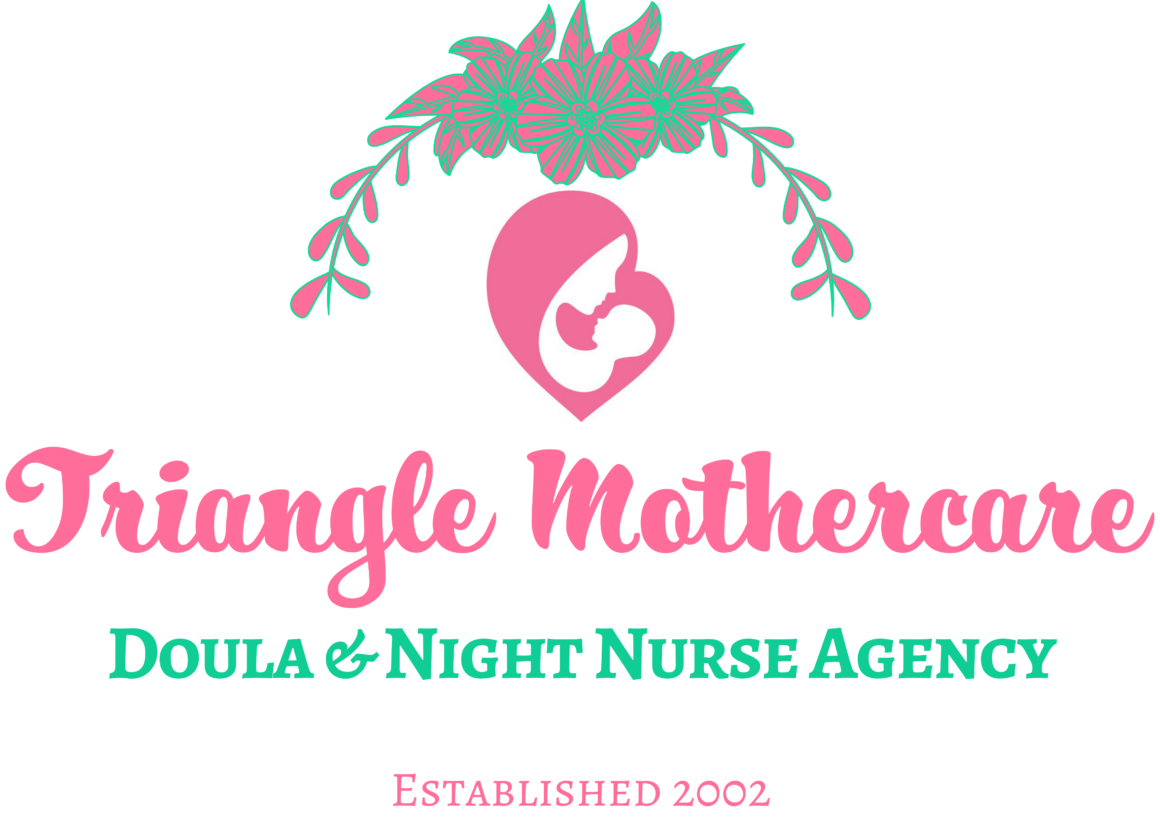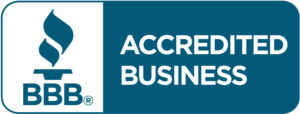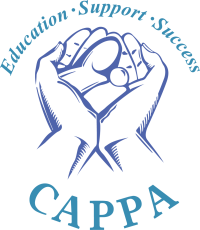From the World Health Organization (WHO)
Powdered baby formula is not sterile!
The World Health Organization (WHO) issued guidelines on the safe preparation, storage and handling of powdered infant formula after experts recognized that powdered formula is not sterile and can put babies at risk for serious bacterial infections. If you are giving any formula to your baby, please take seriously these precautions to be certain that you are not inadvertently putting your child's health at risk. Cases of Salmonella enterica and Cronobacter sakazakii infections have been linked to powdered infant formula.
The following information is taken from the WHO Guidelines for the safe preparation, storage and handling of powdered infant formula.
To reduce risk, the WHO recommends cleaning and sterilizing feeding and preparation equipment and then making a fresh bottle of powdered infant formula for each feed by:
![]() cleaning and disinfecting all surfaces you will be using and washing your hands properly
cleaning and disinfecting all surfaces you will be using and washing your hands properly
![]() boiling water: even if it is bottled water, bringing water to 158 degrees Fahrenheit
boiling water: even if it is bottled water, bringing water to 158 degrees Fahrenheit
![]() pour it into a cleaned and sterilized bottle
pour it into a cleaned and sterilized bottle
![]() add the exact amount of powdered formula to the water
add the exact amount of powdered formula to the water
![]() assemble the bottle and mix the powdered formula thoroughly
assemble the bottle and mix the powdered formula thoroughly
![]() quickly cool the bottle by holding it under running tap water, or by placing it in a container of cold water or iced water
quickly cool the bottle by holding it under running tap water, or by placing it in a container of cold water or iced water
![]() dry the bottle with a clean cloth
dry the bottle with a clean cloth
![]() check the temperature of the formula so that it doesn't burn your baby's mouth
check the temperature of the formula so that it doesn't burn your baby's mouth
![]() feed your baby if the formula is at an appropriate temperature
feed your baby if the formula is at an appropriate temperature
Baby Formula Safety
After you prepare your baby's formula, you should follow some simple rules to keep your baby safe.
![]() Unless you refrigerated the prepared formula, feed it to your baby within two hours (hold time).
Unless you refrigerated the prepared formula, feed it to your baby within two hours (hold time).
![]() If you do put the prepared formula in the refrigerator, be sure to use it within 24 hours.
If you do put the prepared formula in the refrigerator, be sure to use it within 24 hours.
![]() Once your baby starts feeding from a bottle, be sure he finishes the formula within one to two hours and don't put the bottle back in the refrigerator. Unused formula should not be saved for later. Instead, simply prepare less formula next time so that you don't have so much left over.
Once your baby starts feeding from a bottle, be sure he finishes the formula within one to two hours and don't put the bottle back in the refrigerator. Unused formula should not be saved for later. Instead, simply prepare less formula next time so that you don't have so much left over.
![]() Don't warm baby formula bottles in the microwave. Instead, use a baby bottle warmer or place the bottles in a container of warm water.
Don't warm baby formula bottles in the microwave. Instead, use a baby bottle warmer or place the bottles in a container of warm water.
Fluoride and Preparing Baby Formula
Experts often recommend that children should get fluoridated water to help prevent cavities. Surprisingly, infants who are fed powdered or concentrated liquid formula which is mixed with fluoridated water can get too much fluoride. Getting too much fluoride when your child's teeth are still forming can lead to enamel fluorosis, which can cause tooth staining. This staining can appear as faint white markings on a child's baby teeth, and even more importantly, their permanent teeth.
To reduce your baby's chance of developing even mild fluorosis, it helps to use low-fluoride water (less than 0.7 mg/L) when you prepare your baby's formula, including some types of tap water, and water that has been purified, deionized, demineralized, distilled, or filtered by reverse osmosis.
You don't have to be concerned about fluorosis if you are exclusively or mostly breastfeeding your baby or using a ready-to-feed baby formula.
Sterile liquid (ready-to-feed) baby formula is recommended for infants in high risk situations, if the babies aren't breastfeeding, especially for premature babies in the NICU.
* PIF (powdered infant formula) is not a sterile product, even if it has been manufactured to meet current hygiene standards. This means that it may occasionally contain pathogens that can cause serious illness. The FAO/WHO expert working groups (2004 & 2006) concluded that E. sakazakii (also called Cronobacter sakazakii) and Salmonella enterica are the pathogens of most concern in PIF. Severe illness and sometimes death in infants has been attributed to PIF that has been contaminated with E. sakazakii or Salmonella, at either the manufacturing or preparation stage.
Because the manufacture of commercially sterile PIF is not feasible using current processing technology, there is a potential risk of infection to infants through consumption of PIF. This risk is increased when prepared feeds are handled or stored incorrectly. When PIF is prepared with water cooler than 158°F, it does not reach a high enough temperature to completely inactivate E. sakazakii present in the powder. This is a concern for two reasons: a) a small number of cells may cause illness, therefore it is important that cells present in the PIF are destroyed; and b) the potential for surviving cells to multiply in the reconstituted formula. This risk is increased when the reconstituted formula is held for extended periods above refrigeration temperature.
© World Health Organization, 2007. Department of Food Safety, Zoonoses and Foodborne Diseases, WHO (World Health Organization), in collaboration with the Food and Agriculture Organization of the United Nations (FAO). www.who.int/foodsafety
TMC note: To make it easier as well as safe to prepare more than one bottle at a time, Triangle Mothercare recommends that you make enough formula at once for 24 hours of feedings. To do this, prepare enough formula using the WHO guidelines to make the number of bottles you will need for 24 hours of feedings. Refrigerate immediately! If you do not use all of this formula within the next 24 hours, throw it out!
Powdered Infant Formula, as well as concentrate and ready-to-feed formula, is sometimes recalled by the manufacturers when a lot has been determined to carry risk of infection. We strongly encourage parents to record the Purchase Date, Formula Name and Manufacturer, and Lot Number of each can of formula that you open, so that if a recall is made, you will know whether your child has ingested the tainted formula.
Doulas and Night Nurses providing in home care for newborn babies, new mothers and families in Raleigh, Durham, Chapel Hill, Cary, Apex, Wake Forest, Holly Springs, Willow Springs, Knightdale, Hillsborough, Carrboro, Garner and Clayton.
919-225-2493
Copyright 2002-2023 Triangle Mothercare Doula & Night Nurse Agency, Inc. All Rights Reserved.



